Table of Contents
- Introduction: What Is Cumin and Cilantro?
- Key Differences Between Cumin and Cilantro
- Storage Tips: Keep Your Spices Fresh Longer
- Usage Hacks: Get the Most Out of Every Spoonful
- Buying Guide: Choosing the Right Cumin and Cilantro
- FAQ: Common Questions About Cumin and Cilantro
- Conclusion: Spice Up Your Life, Literally
Introduction: What Is Cumin and Cilantro?
No, cumin is not cilantro. They are completely different ingredients with distinct origins, flavors, and culinary uses. Cumin is a spice derived from seeds, while cilantro is a fresh herb from the same plant as coriander seeds. Understanding this difference is essential for proper cooking and avoiding flavor mishaps in your dishes.

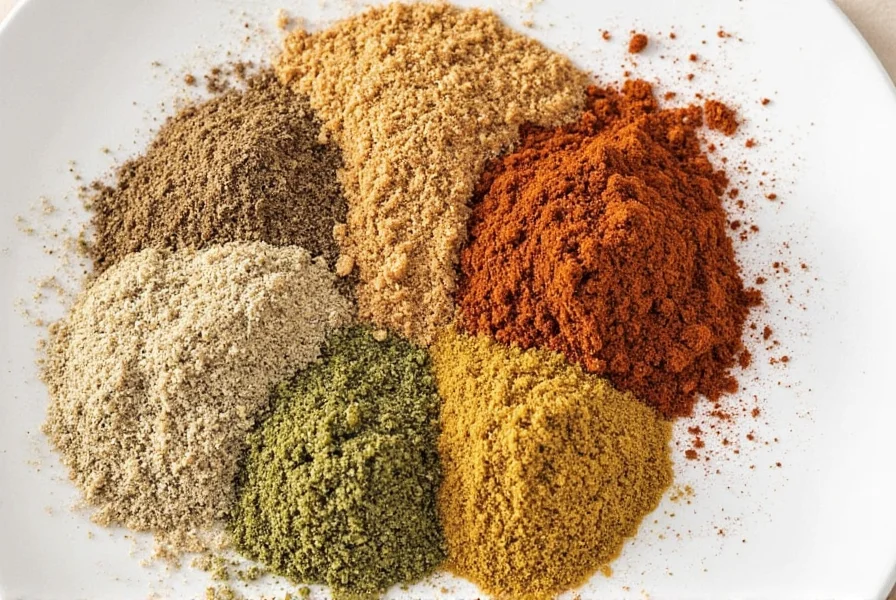
Key Differences Between Cumin and Cilantro
Here's how to tell them apart at a glance:
- Plant Source: Cumin comes from the Cuminum cyminum plant's dried seeds. Cilantro (coriander leaves) comes from the Coriandrum sativum plant's fresh leaves and stems.
- Flavor Profile: Cumin has a warm, earthy, nutty taste with smoky undertones. Cilantro is bright, citrusy, and herbaceous with a fresh grassy note.
- Culinary Role: Cumin is primarily used as a dried spice in cooked dishes. Cilantro is almost always used fresh as a garnish or added at the end of cooking.
- Appearance: Cumin seeds are small, oblong, and brown. Fresh cilantro has delicate green leaves resembling flat-leaf parsley.
Historical Evolution: From Ancient Trade Routes to Modern Kitchens
Cumin's culinary journey began over 4,000 years ago in the Eastern Mediterranean, with archaeological evidence confirming its use in Bronze Age Syrian settlements (source: National Center for Biotechnology Information). It became a staple in ancient Egyptian embalming practices and Roman cuisine. Cilantro's history is equally ancient but divergent—Sanskrit texts from 1500 BCE reference its medicinal use in India, while Egyptian tomb paintings depict its cultivation (source: National Center for Biotechnology Information). The spice trade era (15th-17th centuries) catalyzed their global spread: cumin integrated into Indian and Middle Eastern spice blends, while cilantro traveled to Latin America via Spanish colonists, becoming essential in salsas and ceviches by the 1800s.
Storage Tips: Keep Your Spices Fresh Longer
Proper storage preserves potency and flavor:
- Airtight containers: Prevent moisture and light exposure to maintain freshness.
- Cool, dark locations: Store in pantries or spice drawers away from heat sources.
- Label clearly: Avoid confusion between cumin and cilantro.
- Material choice: Use glass jars or metal tins instead of plastic to prevent odor absorption.
- Freezing option: Both can be frozen for up to six months in small portions.
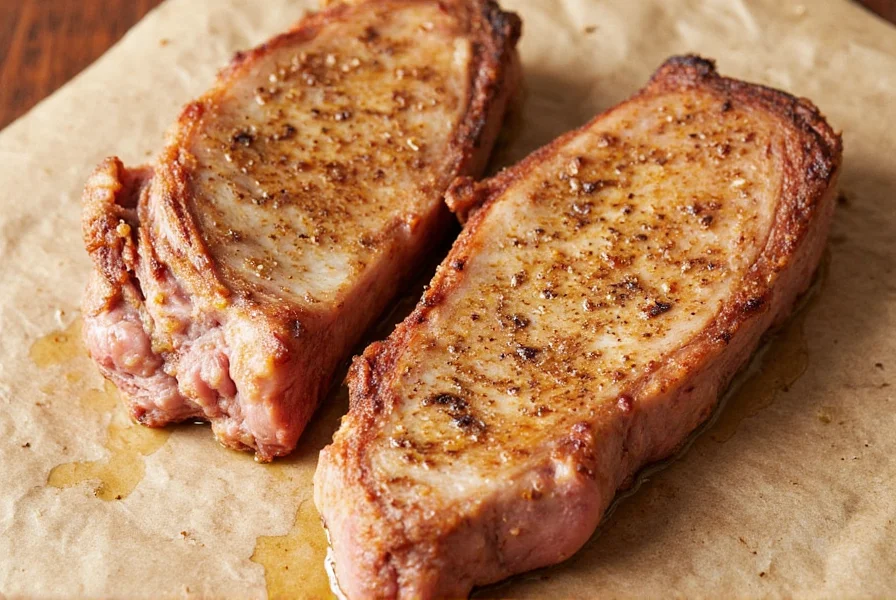
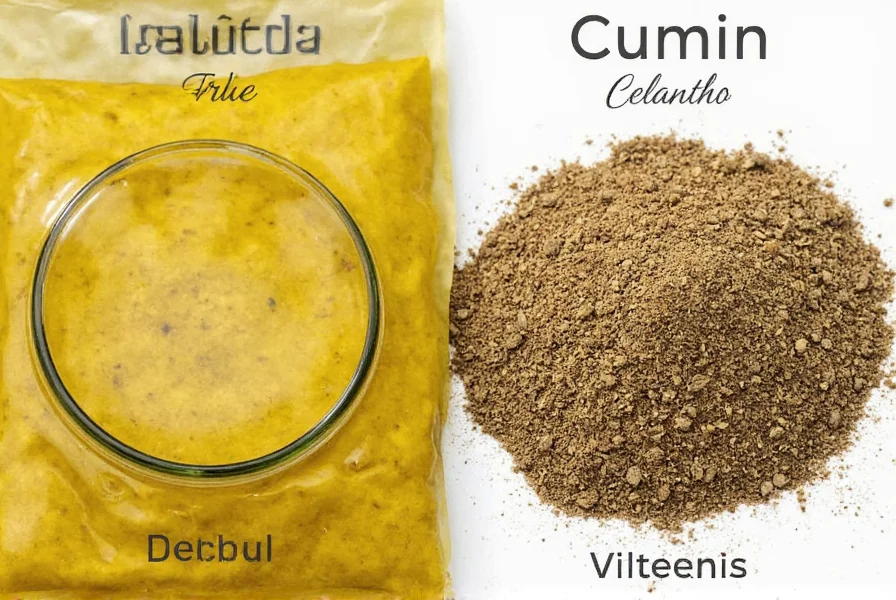
Pro tip: Grind cumin seeds just before use and chop cilantro right before adding to dishes for maximum flavor intensity.
Usage Hacks: Get the Most Out of Every Spoonful
Maximize their potential in recipes:
- Cumin: Toast whole seeds in a dry pan before grinding to release oils and enhance flavor depth.
- Cilantro: Add fresh leaves at the end of cooking to preserve their bright, citrusy notes.
- Pairings: Combine cumin with garlic, onions, and tomatoes for savory bases. Pair cilantro with lime, avocado, and chilies for fresh accents.
- Spice blends: Create custom mixes like garam masala (cumin-based) or salsa verde (cilantro-based).
Contextual Boundaries: When These Ingredients Shine (and When They Don't)
Cumin excels in slow-cooked dishes like stews or curries where its earthy notes develop over 30+ minutes of simmering, but becomes bitter if burned during high-heat stir-frying (opt for pre-toasted seeds in quick-cook applications). Cilantro's volatile oils degrade after 5 minutes of boiling, making it unsuitable for long-simmered soups—reserve it for fresh applications like guacamole or as a finishing garnish. Crucially, cultural context matters: traditional French cuisine rarely uses cilantro due to its polarizing flavor profile, while Japanese dishes avoid cumin to maintain delicate umami balance. Always align usage with both cooking methodology and regional authenticity.
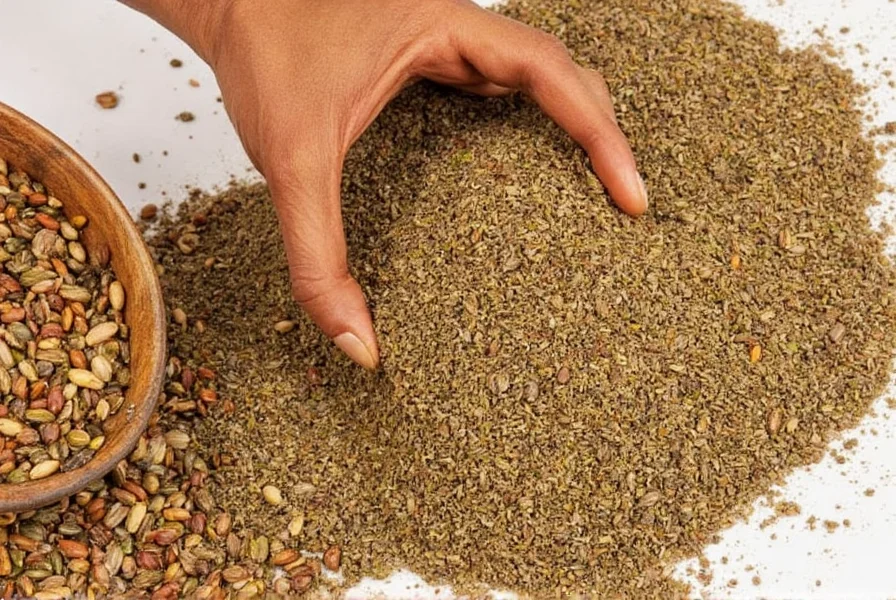

Buying Guide: Choosing the Right Cumin and Cilantro
| Product | Features | Advantages | Use Cases | Target Audience | Suitable Occasions |
|---|---|---|---|---|---|
| Cumin Seeds | Natural, unprocessed, whole seeds | Longer shelf life, more intense flavor | Grinding at home, traditional recipes | Cooking enthusiasts, home chefs | Everyday meals, special occasion dishes |
| Ground Cumin | Powdered form, easy to use | Convenient, ready to add to recipes | Quick cooking, baking, seasoning | Busy cooks, beginners | Weeknight dinners, snacks, sauces |
| Fresh Cilantro | Leafy green, vibrant color | Maximum flavor and aroma | Garnishing, raw applications | Health-conscious eaters, foodies | Salads, salsas, tacos |
| Dried Cilantro | Dehydrated leaves, longer shelf life | Easy to store, good for cooking | Seasoning, stews, soups | Home cooks, meal preppers | Slow cooker meals, batch cooking |


FAQ: Common Questions About Cumin and Cilantro
Here are answers to the most frequent queries:
Is cumin the same as cilantro?
No, cumin and cilantro are completely different ingredients. Cumin is a spice made from the seeds of the Cuminum cyminum plant with a warm, earthy flavor. Cilantro (fresh coriander leaves) is a herb with a bright, citrusy taste from the Coriandrum sativum plant.
Can I substitute cumin for cilantro or vice versa?
Never substitute one for the other. Cumin's warm, earthy profile cannot replace cilantro's fresh, citrusy notes, and vice versa. Using the wrong ingredient will drastically alter your dish's flavor.
Why do people confuse cumin and cilantro?
The names sound similar, and both appear in Mexican, Indian, and Middle Eastern cuisines. Additionally, cilantro is called "coriander" in some regions, while coriander seeds (from the same plant) are a separate spice.
What's the difference between cilantro and coriander?
Cilantro refers to the fresh leaves and stems of the Coriandrum sativum plant. Coriander typically means the dried seeds of the same plant, which have a warm, citrusy flavor. In the UK, "coriander" refers to both parts, causing confusion.
Can I use dried cilantro instead of fresh?
Yes for cooked dishes (use 1 tsp dried per 1 tbsp fresh), but dried cilantro lacks the vibrant flavor and appearance needed for garnishes. Always use fresh cilantro for salsas, tacos, and salads.
What does consumer sentiment research reveal about these ingredients?
Genetic studies show 21% of East Asians and 17% of Europeans carry the OR6A2 gene variant that makes cilantro taste soapy, while Middle Eastern populations (where it's a dietary staple) report only 4% rejection (source: Nature Genetics). Cumin faces fewer polarizing reactions, though its intensity is reduced in 32% of fusion cuisine recipes to accommodate milder palates (source: Flavour Journal).
Conclusion: Spice Up Your Life, Literally
Cumin and cilantro are distinct ingredients that each bring unique flavors to your cooking. While cumin provides warm, earthy depth to slow-cooked dishes, cilantro adds bright, fresh notes to finished meals. Mastering their differences ensures perfect results every time.
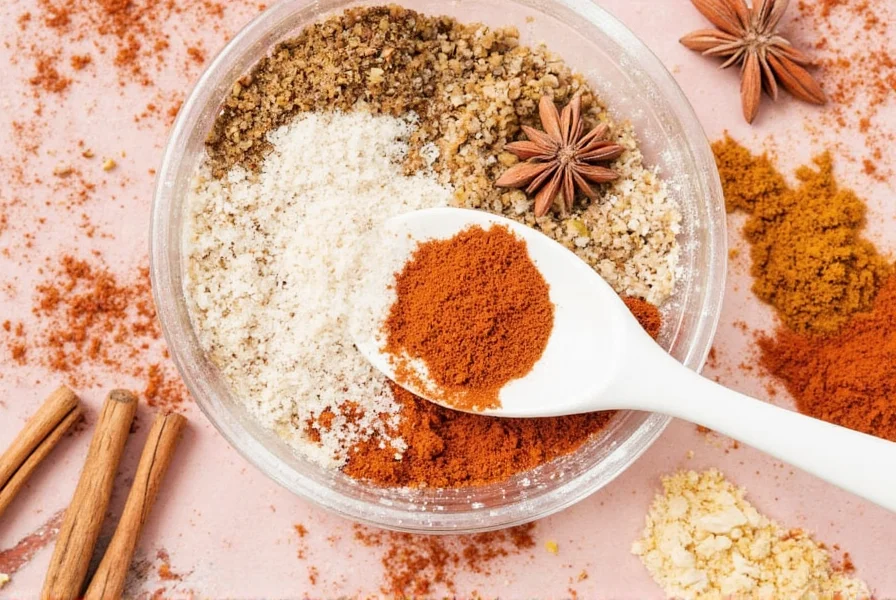
When in doubt, remember: cumin = warm spice, cilantro = fresh herb. Keep them separate in your kitchen, and let their unique qualities shine in your favorite recipes.

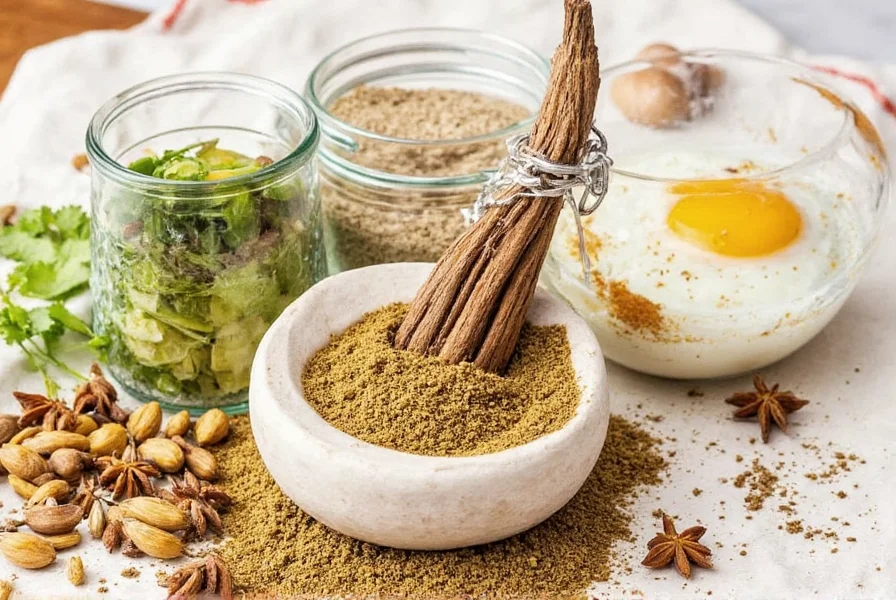









 浙公网安备
33010002000092号
浙公网安备
33010002000092号 浙B2-20120091-4
浙B2-20120091-4